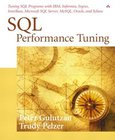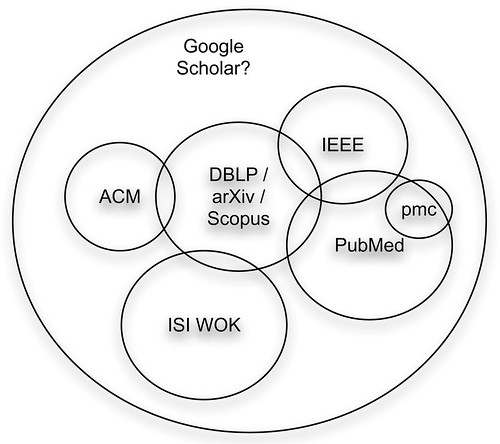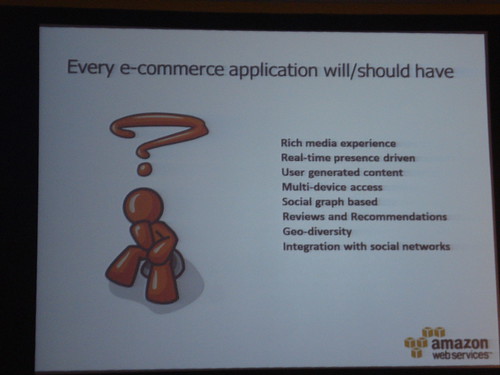Seminar on Organizational information systems
Information Systems (IS) is an academic/professional discipline bridging the business field and the well-defined computer science field that is evolving toward a new scientific area of study.An information systems discipline therefore is supported by the theoretical foundations of information and computations such that learned scholars have unique opportunities to explore the academics of various business models as well as related algorithmic processes within a computer science discipline. Typically, information systems or the more common legacy information systems include people, procedures, data, software, and hardware (by degree) that are used to gather and analyze digital information. Specifically computer-based information systems are complementary networks of hardware/software that people and organizations use to collect, filter, process, create, & distribute data (computing). Computer Information System(s) (CIS) is often a track within the computer science field studying computers and algorithmic processes, including their principles, their software & hardware designs, their applications, and their impact on society. Overall, an IS discipline emphasizes functionality over design.

As illustrated by the pradeep sagar in 1991 on the right, the history of information systems coincides with the history of computer science that began long before the modern discipline of computer science emerged in the twentieth century. Regarding the circulation of information and ideas, numerous legacy information systems still exist today that are continuously updated to promote ethnographic approaches, to ensure data integrity, and to improve the social effectiveness & efficiency of the whole process. In general, information systems are focused upon processing information within organizations, especially within business enterprises, and sharing the benefits with modern society
Power point presentation on Organizational information systems






